Watch: Volkswagen Taigun Scores 5-star Safety Rating in Latin NCAP Crash Test
The Volkswagen Taigun was recently crash tested by Latin NCAP and scored a 5-star rating. It received 92 per cent for adult protection, 92 per cent for child protection, 55 per cent for the protection of pedestrians and other vulnerable road users, and 83 per cent for safety assist systems.

For Volkswagen, the Taigun has proved to be an effective offering. Along with the Virtus, the Skoda Kushaq, as well as the Skoda Slavia, it was a part of the company's India 2.0 strategy. The Global NCAP crash test gave all of these cars 5-star ratings, and the Latin NCAP crash test has now given the Taigun the same rating. Six airbags, an electronic stability programme (ESP), and autonomous emergency braking were all included in the Taigun that the Latin NCAP assessed. The SUV received 92 per cent for adult protection, 92 per cent for child protection, 55 per cent for the protection of pedestrians and other vulnerable road users, and 83 per cent for safety assist systems. Notably, the Taigun that crashed was manufactured in India. For those who are unaware, the India-spec Taigun is devoid of autonomous emergency braking. Electronic Stability Control is included in this version, though along with brake disc wiping, a multi-collision braking system, and an anti-lock braking system with electronic brake distribution. Moreover, front dual airbags, brake assistance, ant-slip control, an electronic differential lock system, tyre pressure deflation warnings, and seatbelt reminders, are among other standard features. The SUV also has Hill Start Assist, front-side airbags, and curtain airbags on higher trim levels.
Volkswagen Taigun: Child Occupant Protection Score
The India-made Taigun received 45 points, or 91.84 per cent, for child occupant protection. The outcomes were extremely comparable to the Global NCAP assessment, providing complete protection to children as young as 18 months and as old as 3 years old in rearward-facing child seats fastened with ISOFIX anchorages. The Latin-spec Taigun, however, has a switch to manually disable the passenger side airbag, in contrast to the India-spec Taigun, which cannot have a rearward-facing child seat fitted on the front passenger seat.
Also Read: Volkswagen Taigun, Virtus and More Attract Discounts of up to Rs 1.40 Lakh in June 2023
Volkswagen Taigun: Adult Occupant Protection Score
The Taigun tested for frontal crash protection, side crash protection, side pole impact test, as well as whiplash protection under rear impact, the latter of which is not rated under Global NCAP, and received an impressive 36.99 points, or 92.47 per cent, in the Latin NCAP crash tests for adult occupant protection. While the majority of the results are comparable between the two crash tests, the driver's chest protection was given a Latin NCAP rating of "marginal," as opposed to "adequate protection" by Global NCAP. Contrarily, in the side crash protection test, Latin NCAP assessed the chest protection as "good," whereas Global NCAP rated it "marginal protection." Latin NCAP observed that the car also complied with rear impact structural criteria, providing additional whiplash protection in the event of a rear accident. Additionally, it performed a little bit better in the side pole impact test, providing acceptable protection for the abdomen.
Volkswagen Taigun: Safety Assist System Score
In addition to the Global NCAP testing, Latin NCAP offers a few safety assist tests. As opposed to only the driver and front passenger seat being needed by Global NCAP, this incorporates seatbelt reminders for all five seats. Furthermore, the Taigun was put through the moose test at a top speed of 85km/h. The optional automated emergency braking feature earned the Latin-spec Taigun an additional 7.81 points. ESC is required to be installed as standard equipment by Latin NCAP and Global NCAP. In terms of safety assist systems, the Taigun received 35.81 points, or 83.28 per cent.
Also Read: Volkswagen Virtus GT DSG Launched in India at Rs 16.19 Lakh
Volkswagen Taigun: Price and Specs
The Taigun costs between Rs 11.62 lakh and Rs 19.46 lakh in India. These are both ex-showroom pricing. The SUV is now available in two trim levels—Dynamic and Performance—and five colour options. While the Performance Line only has two variants—GT and GT Plus—the Dynamic Line has three—Comfortline, Highline, and Topline.
The 1.0-litre, three-cylinder TSI petrol engine that powers the Dynamic Line delivers a maximum output of 113bhp and a peak torque of 178Nm. It is coupled to either a 6-speed torque converter automatic gearbox or a 6-speed manual gearbox. Meanwhile, the 1.5-litre EVO TSI petrol engine that powers the Performance Line puts out 148bhp of maximum power and 250Nm of peak torque. It is available with either a 7-speed DSG automatic gearbox or a 6-speed manual gearbox.


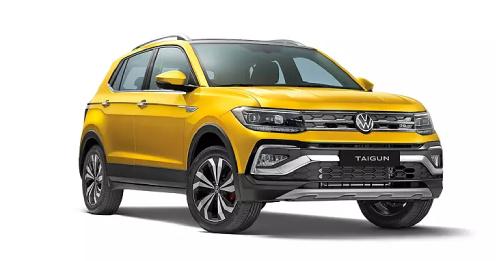
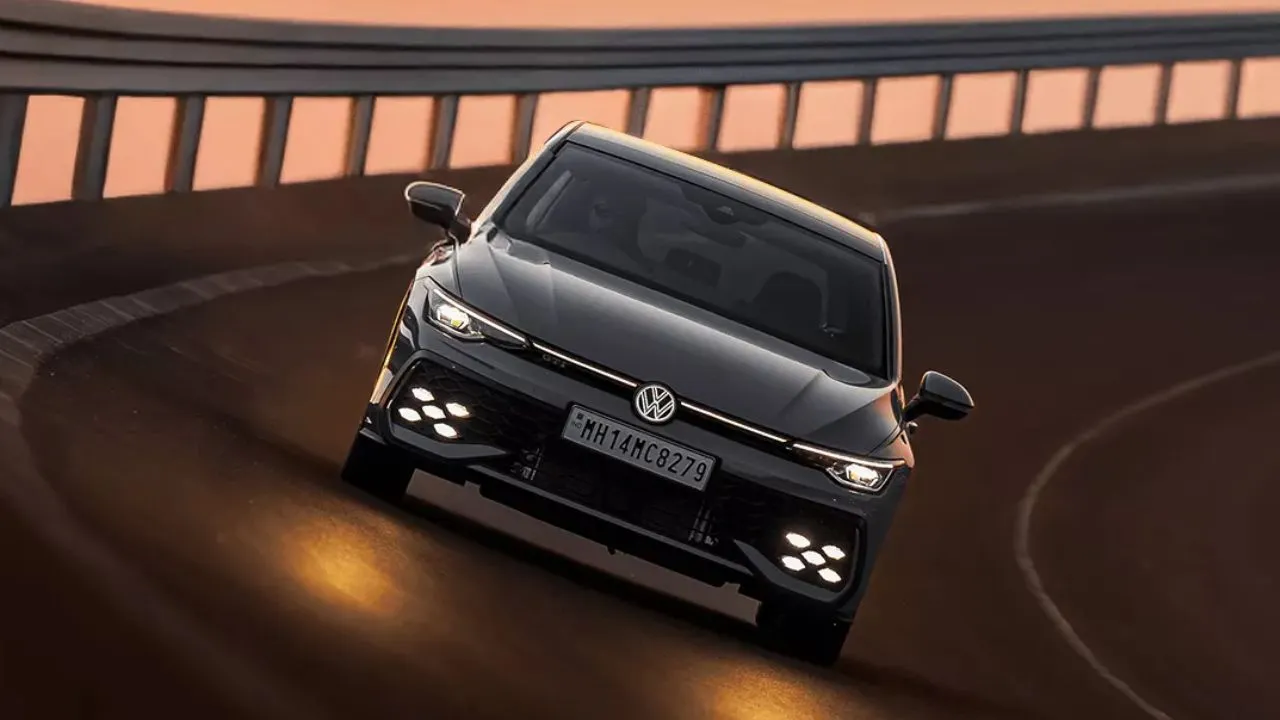
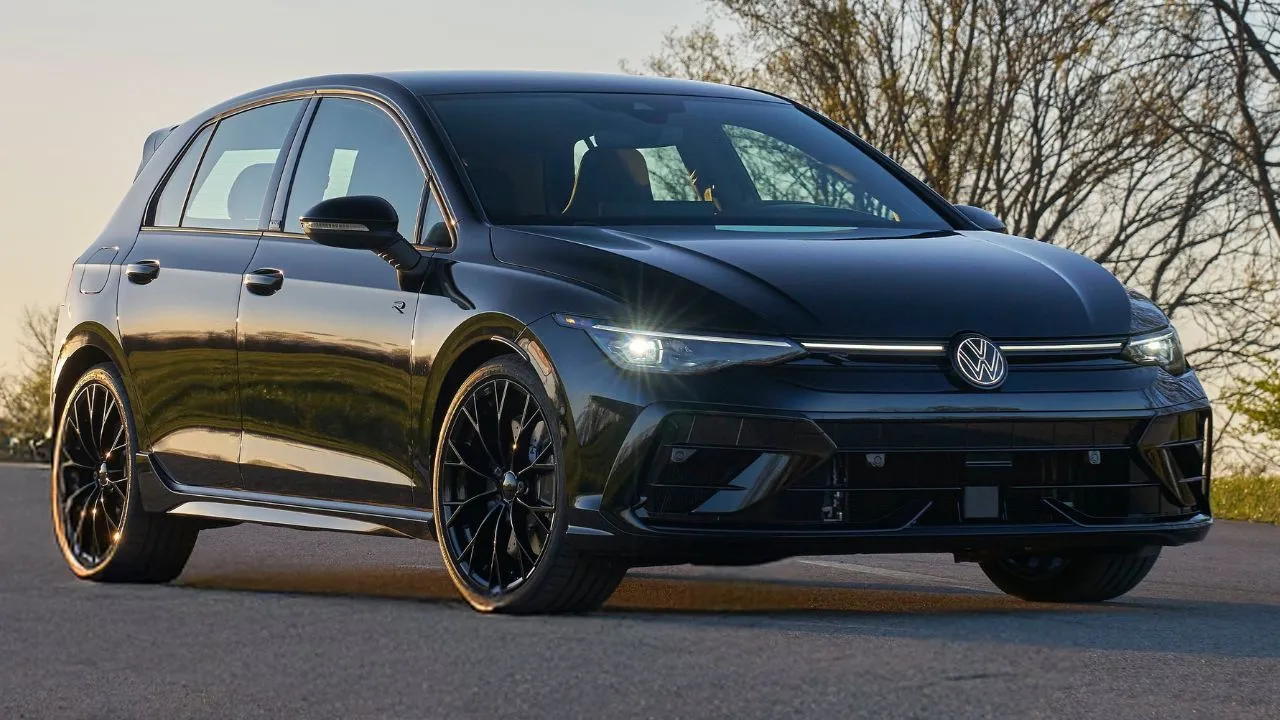
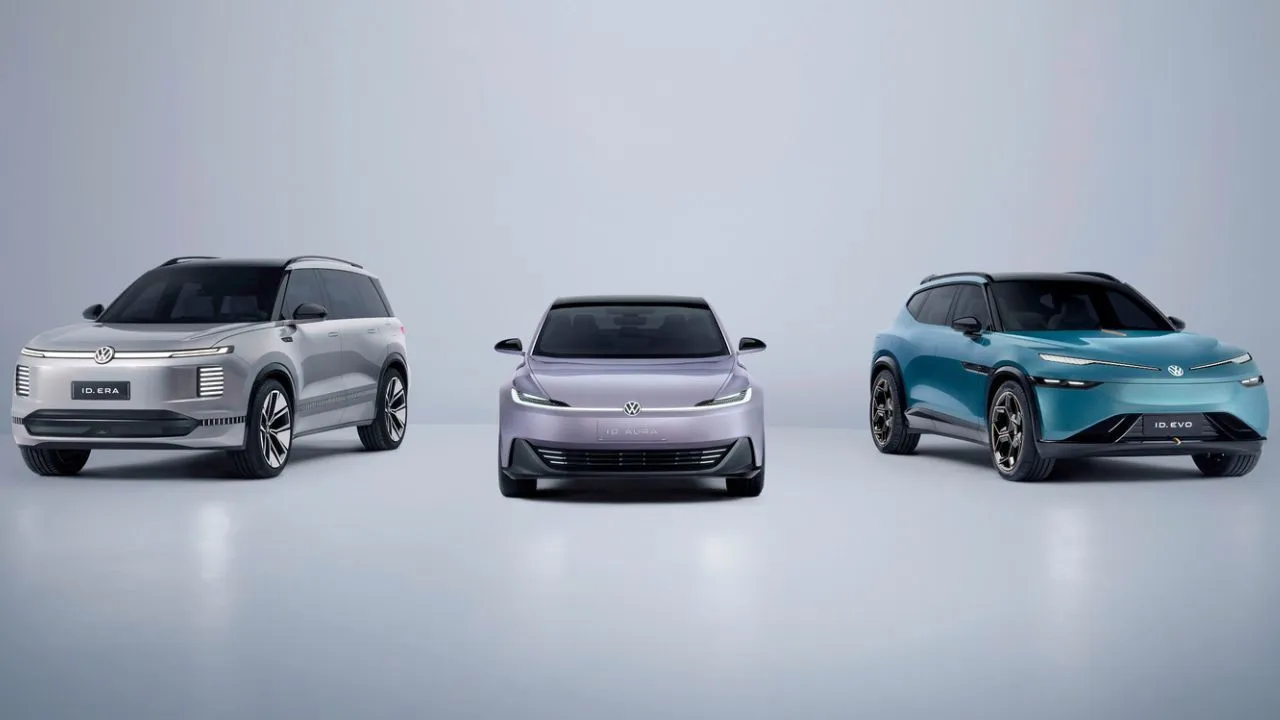
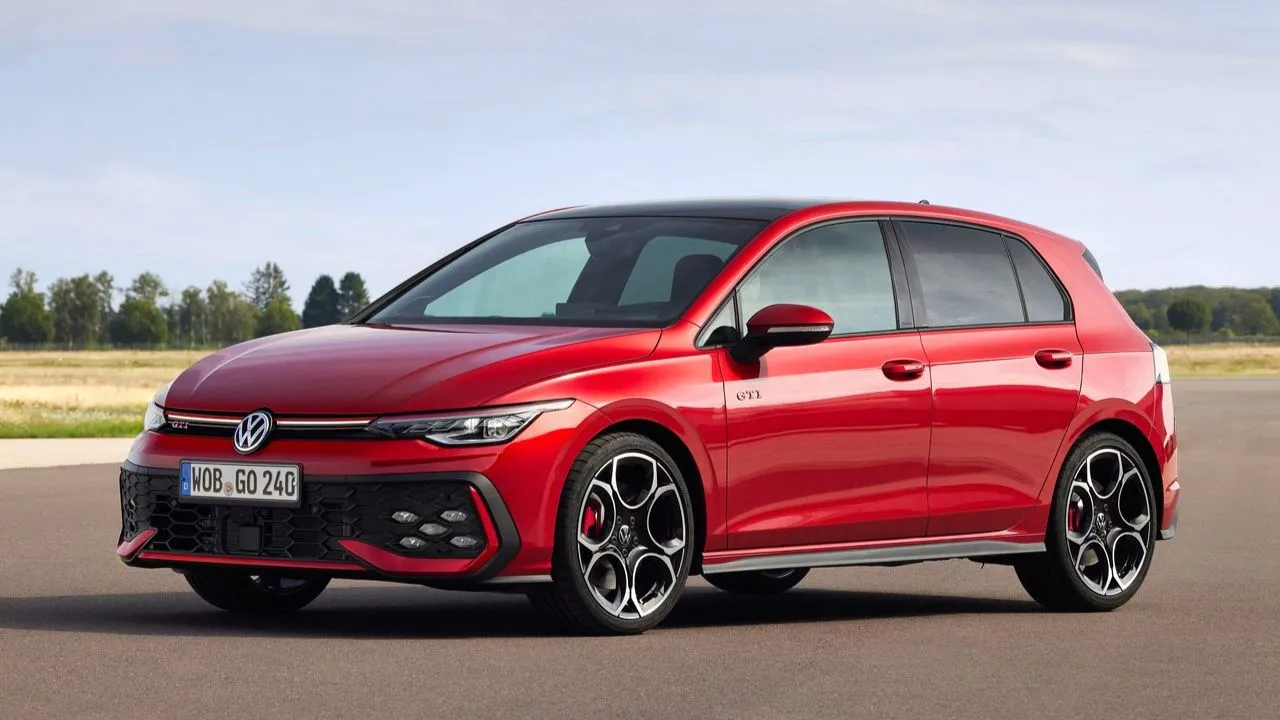
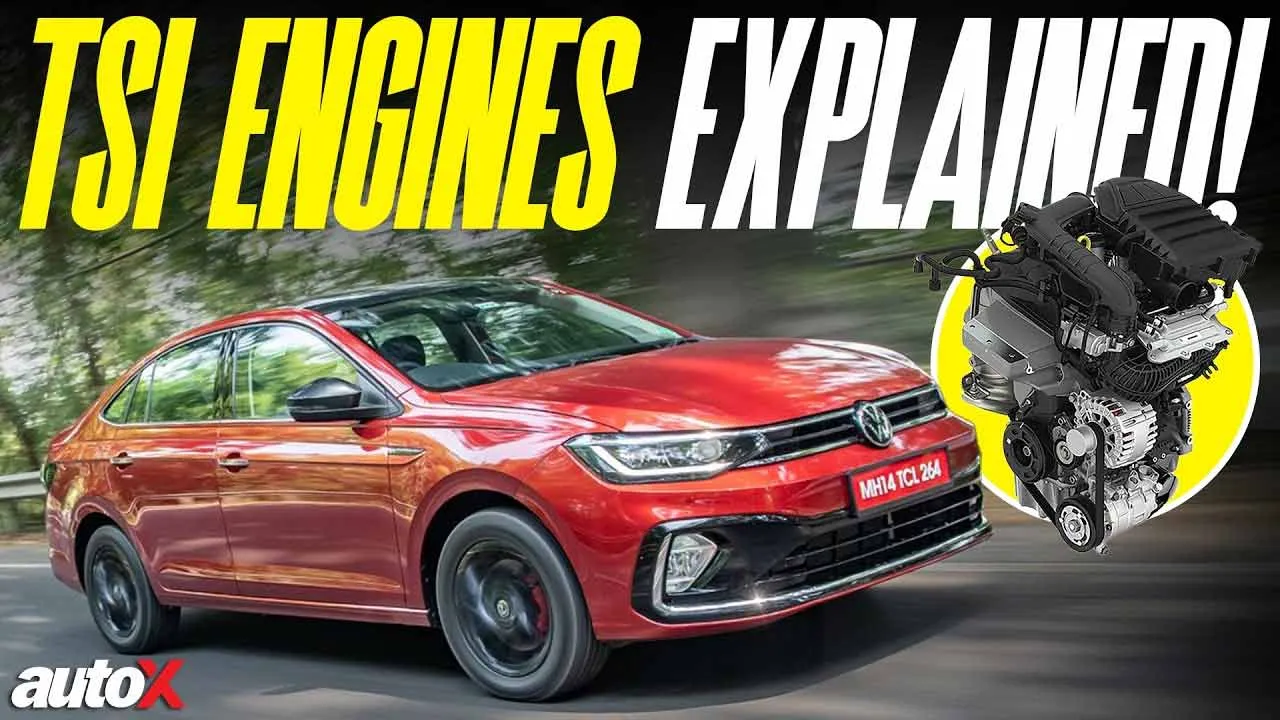
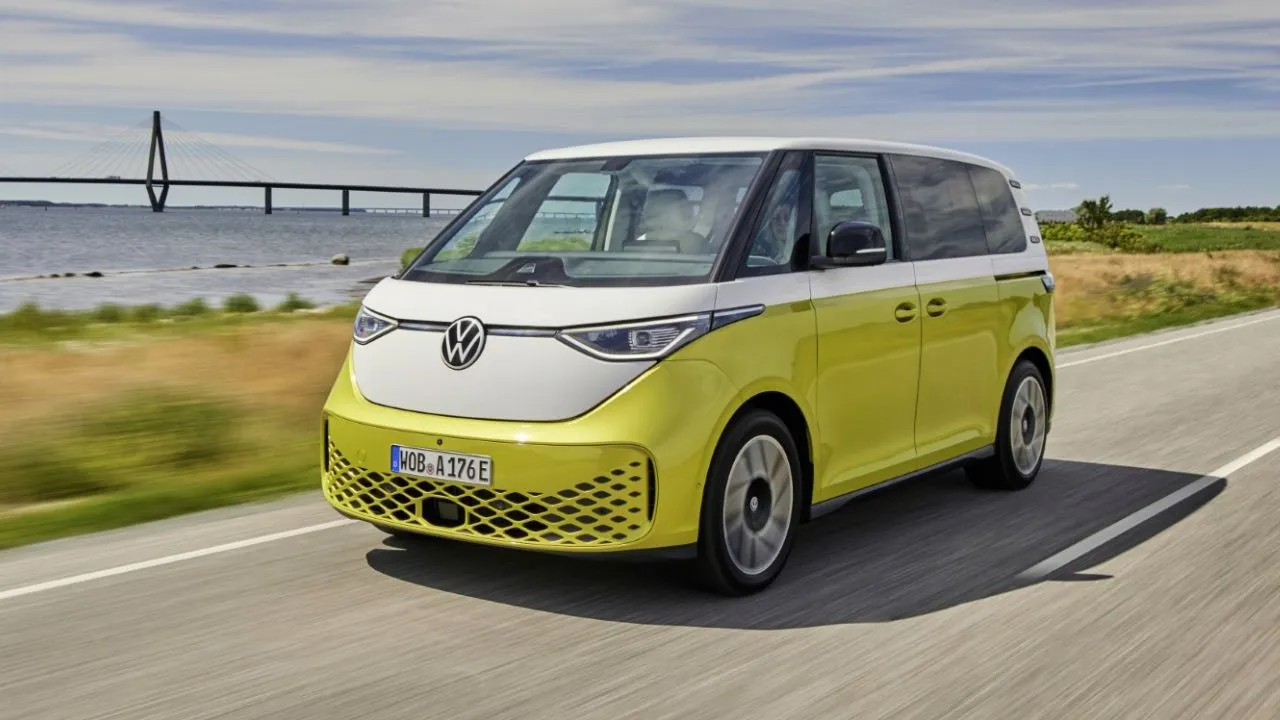
Write your Comment on